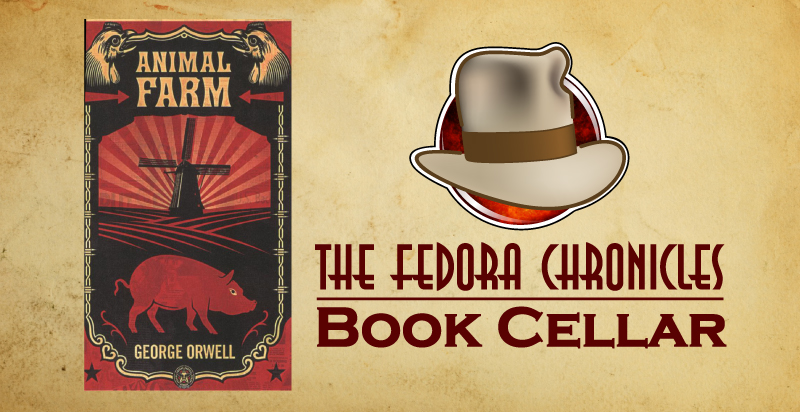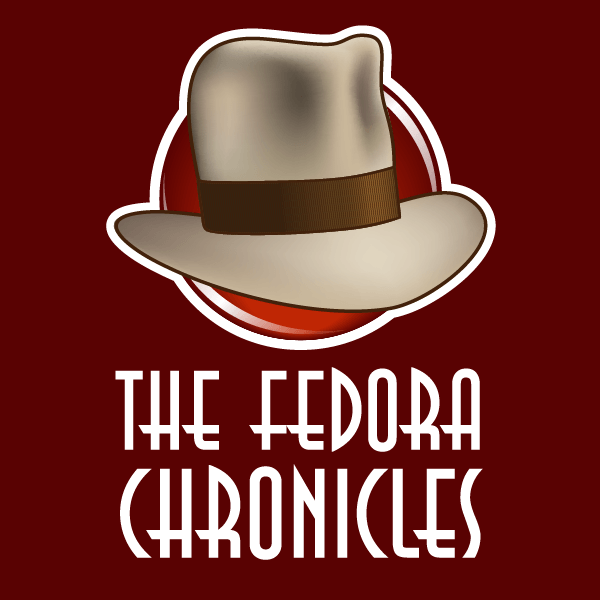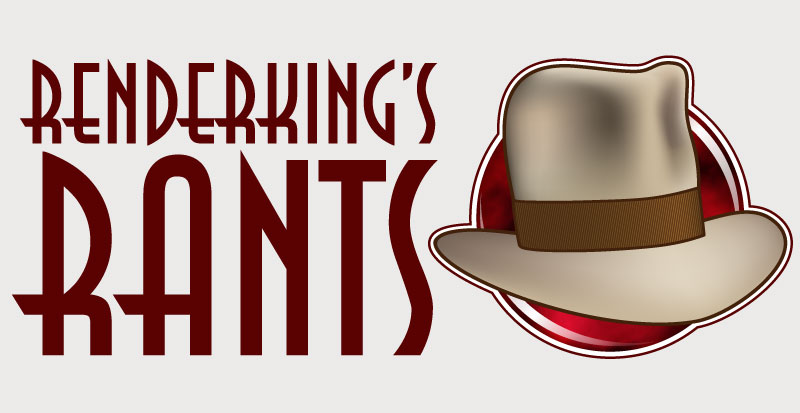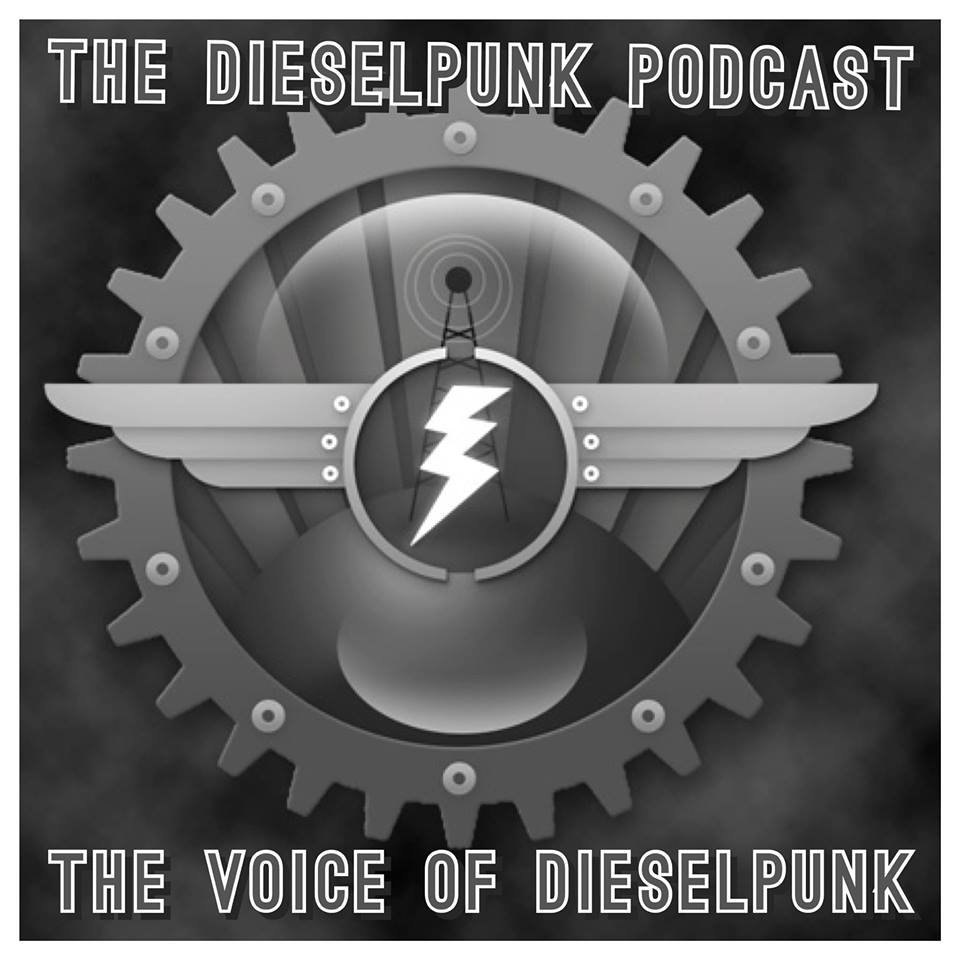
“Animal Farm,” by George Orwell
Reviewed by Eric Renderking Fisk | November 9th, 2017
There are few books that made you stop and think when you were a child or adolescent, and “Animal Farm” should have been one of them. When you read “Animal Farm” and you suddenly had a moment of clarity that this book wasn't merely about farm animals and the overthrow of the farmer, and “Animal Farm”was an allegory of something else like human social structures – congratulations! You’re one of the smart ones.
…and I’m sorry your ignorant bliss was ended so abruptly.
If you’re one of those dimwits who read it and didn’t get the point and still believe it’s a mere children’s book about the hostile take-over of a farm by the farm animals, let me clue you in what you missed.
George Orwell wrote “Animal Farm” is an analogy about the Soviet uprising in Russia and how the communist movement was hijacked after the revolution against the Tsar and he (the Russian King) was overthrown. He also observed that the way humans treat animals on the farm isn’t that much different than how ruthless dictators treat citizens and dissenters.
That was the mere genesis of “Animal Farm,” and what’s become of the book since its publication and the follow up “Nineteen Eighty-Four” is the stuff of legend. Both of his final books have become more than just literature but has woven aspects of itself into society with many of its passages becoming catchphrases in our modern lexicon.
“Animal Farm” also an allegory of the ebb and flow of social-political movements, how any social movement starts as a great idea on how to make society more equal for all citizens, the revolution, then to how that movement is hijacked by a charismatic but totalitarian leader, then how that totalitarian leader twists facts and revisionist history to fool the followers of said revolution into a more unjust and unfair form of government such as communism or fascism, how the lessons of such a revolution are learned only before it’s too late.
“Animal Farm” also serves as an example of many other social structures are not equal or equitable to all its members, or how some members of a social structure are "more equal than others."
No matter where you go, you’ll find that there is a social order where some are “more equal” than others. In school, there are the popular students who get away with more crap because they play for the school team or because their parents are on the school board or some other committee. At work, you’ll see someone get ahead because he plays golf with the boss. Or the pastor has favorite parishioners who tithe more.
I have seen “Animal Farm” play out in a company that starts out small with a great idea, the company grows with devout employees, and that vision is molested into something sinister while a few diehard original employees cling to the original vision that isn’t with chants of “Whatever the CEO says, it might be right” and “I must work harder…”
One of the most amazing aspects of “Animal Farm” is the depiction of historical revisionism, how folks can be told the elite in our society that what they remember happening didn’t happen or it didn’t happen the way they remember it, despite what’s in the history books and the newspapers at the time. The leaders in our society can publish propaganda with their own version of what ‘really happened’ even when it contradicts what we all know or believe is true, and pass off history as ‘the real propaganda.’ Since so many among us are lemmings, they believe the truth to be lies and the lies to be the truth for unfathomable reasons; mostly they can’t believe their leaders are wrong. Because if our leaders can lie about something like history, what else can they lie about? Couldn't they possibly be lying about the cause of a new war? Could they?
The ending of “Animal Farm” is especially allegorical to the realm of politics. In the book, pigs become the leaders of the farm because they’re “smarter” than the rest of the animals, and as they learn how to read and write then eventually move on to learning how to use tools and organize labor, the begin to pick up many of the traits and habits that they despised the humans for having.
In the beginning of the book, the pigs in leadership claimed they hated the humans for living in warm houses, sleeping in warm beds, wearing clothes, drinking beer and whiskey, lying to convince the followers into doing things they didn’t feel comfortable doing, and most importantly cavorting and bargaining with other people and create treaties and trade agreements that seem to only benefit themselves.
By the end of “Animal Farm,” the pigs live in warm houses, sleep in the warm beds, wear clothes, drink beer and whiskey, lie to convince the followers into doing things they didn’t feel comfortable doing, and covert and bargain with humans to create treaties and trade agreements that only benefit themselves, the pigs.
One of the farm animals observe the party between the humans and the pigs through the outside, and while on the outside looking in the animal proclaims he can’t tell the difference between the pigs and the men.
Replace the word “pig” with the word “lawyer” or “politician” then replace the word "Man" with "Lobbyist" and you’ll see Mr. Orwell was trying to show us. Politicians claim they have only good intentions, only to get into office and become seduced by the beauty and splendor of Washington D.C., and corrupted by lobbyists… and you see the greater picture. The politicians in office too long become everything they claim they were fighting against.

Looking at current events through the lens of Orwell’s writing that was inspired by this thoughts and concerns about modern society, “Animal Farm” is a little too ‘on the nose’ and is perhaps more relevant now than it was when it was first published on August 17, 1945, mere months after Germany surrendered and brought an end to the war in Europe.
The Soviet Union may have collapsed, the Nazi Empire may have ended, but “Animal Farm”is alive and well in all its many verities all over modern civilization.







